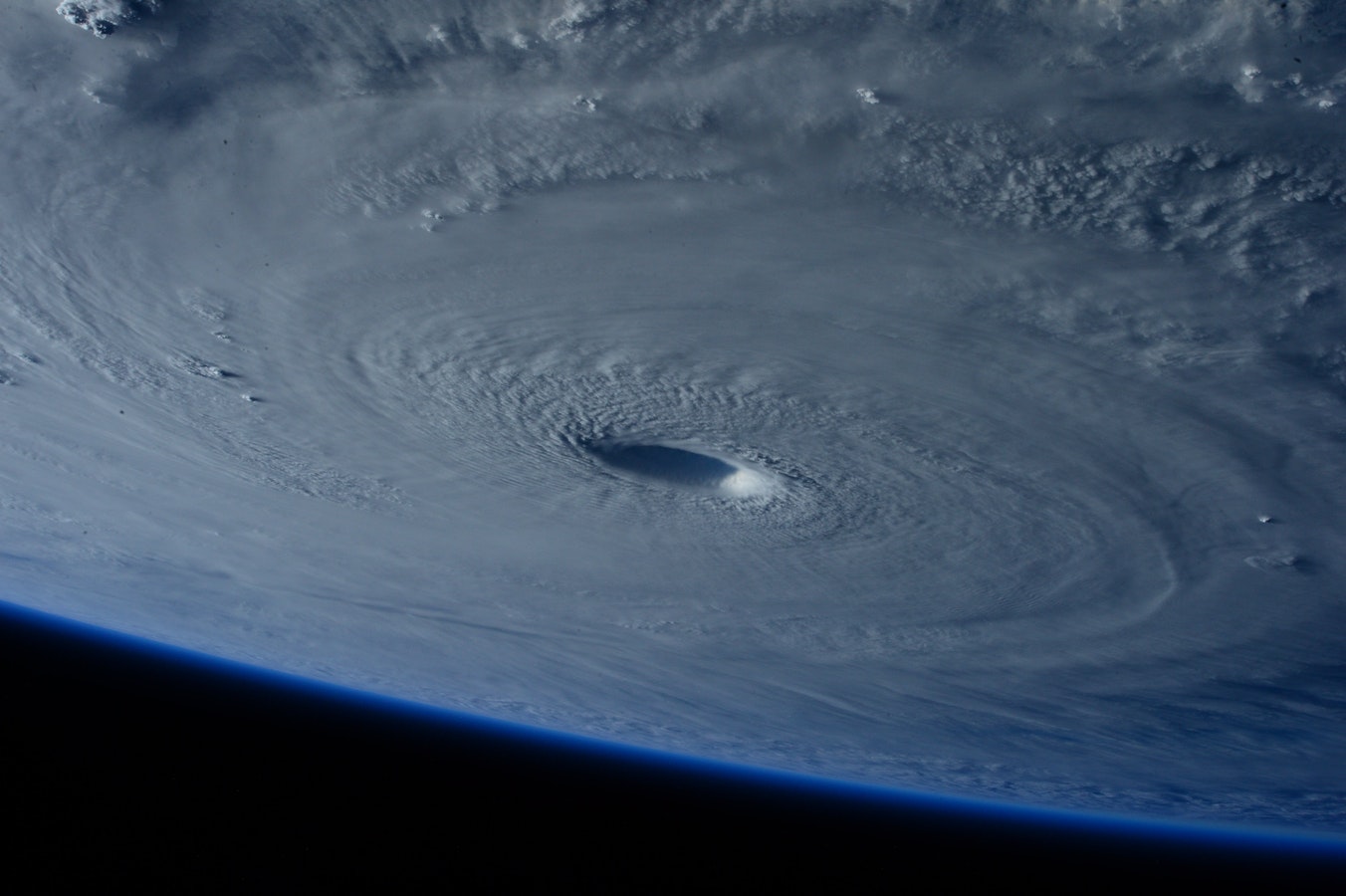In Disaster – Lessons for the Church
Author: Mary J. YerkesUnprecedented natural and man-made disasters have struck with unusual severity and frequency all around the world.
On September 11, 2001, we watched in horror as two commercial jets flew into the twin towers of the World Trade Center. Two more hijacked jets crashed into the Pentagon and a field in rural Pennsylvania. The dead numbered 2,992. A few years later, the December 2004 tsunami in the Indian Ocean killed 275,000, making it one of the deadliest disasters in modern history. Then, in August 2005 we watched again as Hurricanes Katrina and Rita struck the Gulf Coast, collapsing buildings, flooding homes, and destroying lives and businesses. What is going on?
While we will never know all that lies in the heart and mind of God, we do know that this is only the beginning.
Matthew 24:6-8 says, “‘You will hear of wars and rumors of wars, but see to it that you are not alarmed. Such things must happen, but the end is still to come. Nation will rise against nation, and kingdom against kingdom. There will be famines and earthquakes in various places. All these are the beginning of birth pains'” (NIV).
Is God trying to get our attention?
The church is not the only one asking this question. Recently, one of the major news networks sent a reporter into the streets to ask this very question. Most agreed the unprecedented stream of events that we have seen over recent years–9/11, the tsunami, earthquakes, and the Gulf Coast storms–are a sign that “God is trying to get our attention.”
What might God be saying to the church in the midst of this? What lessons can we learn from disaster?
Lesson 1: Possessions are temporary.
Could Jesus be reminding us that people matter more than possessions? We need to ask ourselves this question, holding our lives and relationships up to the mirror of God’s Word. In today’s culture even Christians espouse the “more is better” mind-set. Our credit card debt confirms this. Luke 12:15 warns, “‘Watch out! Be on your guard against all kinds of greed; a man’s life does not consist in the abundance of his possessions'” (NIV). As believers, we must daily yield to the lordship of Jesus Christ and align ourselves with God’s Word and His priorities in our lives.
Lesson 2: God desires to rescue needy people.
As I watched news coverage of Hurricanes Katrina and Rita’s aftermath, images of men going from house-to-house in boats offering residents a “safe place,” a way of escape, touched me deeply. What a picture of God’s passionate pursuit of us! What an image of His love for those who are perishing. Yet, some rejected the way of escape. Those who refused to heed the warning died a painful death. I watched as rescue workers sacrificed time and energy to save others. How much time and energy do I exert sharing the gospel with those perishing around me?
Lesson 3: Disasters are messy.
A friend of mine went to New Orleans to help with the cleanup effort. She described one home, saying, “Black mold had grown over an inch thick on furniture, walls, floors, and their personal belongings.” She explained that although she had watched the television coverage of the disaster, she was “unprepared for the total devastation.”
When we look with spiritual eyes, we recognize disasters surround us: a husband abandons his wife and children and runs off with another woman, a teenager suffers a motorcycle accident and remains paralyzed from the waist down, an esteemed leader in the church finds himself addicted to pornography. The effects are both immediate and long-term. After a disaster, life will never be the same. As the church, we need to understand this and stand with others as they “clean up the mess” after disaster strikes.
Lesson 4: Recovery and rebuilding take time.
 Who can deny that recovery after disaster is a lengthy process? Yet, we expect instant results. We ask: “Why is she still depressed?” “Her husband died last year. It’s time for her to move on.” “Shouldn’t their marriage be better by now? They started counseling months ago.” As believers, we must learn to extend grace to those around us as they start the difficult task of rebuilding.
Who can deny that recovery after disaster is a lengthy process? Yet, we expect instant results. We ask: “Why is she still depressed?” “Her husband died last year. It’s time for her to move on.” “Shouldn’t their marriage be better by now? They started counseling months ago.” As believers, we must learn to extend grace to those around us as they start the difficult task of rebuilding.
Yes, there are lessons for us amid disaster. Disaster invites us to take our eyes off ourselves, to take inventory of our own lives, and to see the world and its people with fresh eyes, spiritual eyes. God invites us to realign our priorities with His Word and to spend ourselves for what matters–eternity.
May we take heed to the lessons learned.
